7 Health Benefits Of Pickles, Nutrition, Making, & Side Effects
Hot, sweet, or salty, add a whole new dimension of taste and health to your diet.
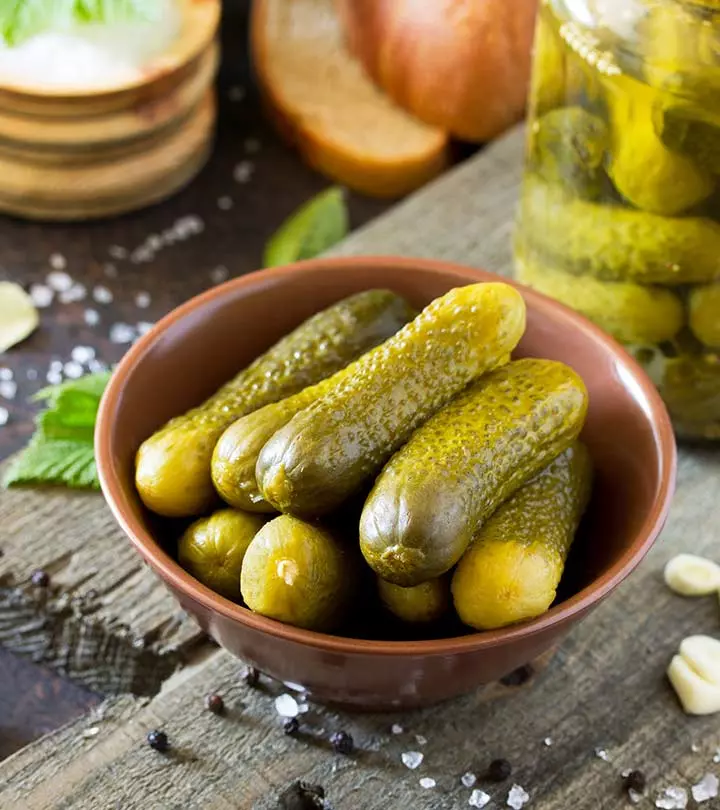
Image: Shutterstock
No good burger or sandwich is complete without a few slices of tangy pickles. The beautiful blend of sweet, salty, sour, and hot flavors makes pickles one of the best additions to your dishes. Pickles, fermented or not, are popular for their special taste and many benefits. Knowing what’s in them and how they can help you stay healthy can make them a good part of your diet. But are there any health benefits of pickles? Do they cause any side effects too? If you’re wondering, “Are pickles good for you?”, then you’ll find that out soon. This article has the answers to all these questions along with some delicious recipes for you to try. Read on!
 Know Your Ingredient: Pickles
Know Your Ingredient: PicklesWhat Is It?
A vegetable or fruit preserved in vinegar or brine.
What Are Its Benefits?
It promotes gut bacteria, regulates blood sugar and cholesterol levels, and reduces muscle cramps and stress.
Who Can Consume It?
Anybody can relish pickles, provided they are not suffering from cancer or gastric disease.
How Often?
Pickles should be consumed in moderation. 2-3 servings per day is fine.
Caution
Excessive consumption of pickles can increase the risk of gastric, stomach, and esophageal cancers and may lead to liver and kidney issues.
In This Article
A Brief History Of Pickles
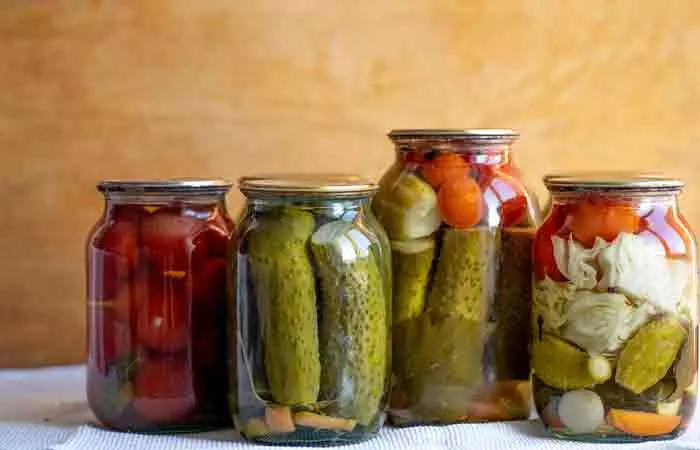
Pickles have been around for ages. People first started pickling fruits and vegetables in the Indian subcontinent, but soon after, the concept became famous in other parts of the world.
The ways of pickling may have changed as it crossed boundaries into different countries, but the end goal has remained the same – to extend the shelf life of certain fruits and vegetables.
 Trivia
TriviaLactic acid pickles are a traditional way of preserving vegetables. Unlike vinegar-based pickles, lactic acid pickles are made through the process of natural fermentation.
In this method, vegetables like cucumbers, carrots, or cabbage are submerged in a brine solution of water and salt and left to ferment for some time. During the fermentation process, the Lactobacillus bacteria consume the vegetables’ sugars and convert them into lactic acid (1).
This not only preserves the vegetables but also imparts a tangy and complex flavor to the final product. Lactic acid pickles are celebrated for their probiotic content, which can contribute to gut health (1). They are also prized for their crisp texture and versatility in various dishes.
Exploring pickle juice benefits can offer even more insight into how these tangy treats enhance your health and well-being. Pickling improves not only the taste of the foods but also keeps their nutrients intact. Learn more about the nutritional profile of the popular dill pickle in the next section.
Key Takeaways
- Pickles contain good bacteria that help improve your body’s probiotic health and maintain a healthy gut.
- According to an experimental study, drinking pickle brine may help manage muscle cramps and PMS symptoms.
- However, excess consumption of pickles may cause issues with your liver and kidneys and may also increase the risk of cancer.
Nutrition Profile Of Dill Cucumber Pickle
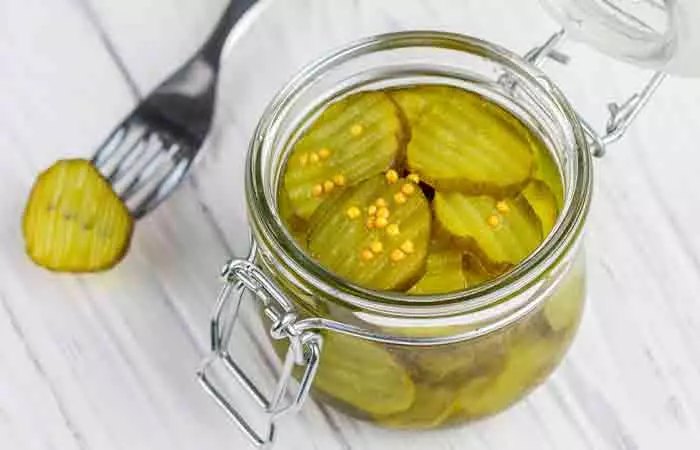
When you think of pickles, dill pickles are the first to come to your mind. Dill cucumber pickles are the most commonly made pickles that contain healthy nutrients. One large dill pickle (44.6 g) contains the following nutrition profile (2):
- Sodium (326 mg) and potassium (46.2 mg) are abundantly found in dill pickles. Calcium comes third at 21.8 mg. Phosphorus and magnesium are next (46 mg and 2.87 mg, respectively). Trace elements like zinc, copper, manganese, and iron are also found in these pickles.
- Dill pickles are low on carbohydrates (8 g) and fats (0.7 g).
- It contains only 0.4 g of fiber.
- When it comes to vitamins, one dill pickle has 848 µg of vitamin C, 81 µg of pantothenic acid (vitamin B5), 44 µg of niacin (vitamin B3), and 18.2 µg of beta-carotene. It also contains 6.87 µg of vitamin K, 48 µg of vitamin E, and 1.68 µg of vitamin A. Other vitamins are present, too, but in trace amounts.
The benefits of cucumber extend beyond their crunchy, tangy taste! They add a nutritious boost to your diet.
 Fun Fact
Fun FactHow do these nutrients work? Keep reading to know how pickles benefit your health.
Health Benefits Of Pickles

From helping maintain a healthy gut to preventing colorectal cancer, pickle consumption has many purported health benefits of eating pickles. Check them out below.
1. May Promote Gut Bacteria
Pickles contain good bacteria that help in breaking down sugars in food. This process adds a sour taste to pickles and improves your body’s probiotic health and digestion, which is important for maintaining a healthy gut (3). In addition, multiple studies have concluded that the microflora in fermented pickles improve the gut microbiota (4).
2. May Help Regulate Blood Sugar Levels
A study conducted on Japanese adults with diabetes showed that consuming fermented foods, including soybeans and pickles, lowered the effects and symptoms of type 2 diabetes (5). In addition, the phytoestrogensi Naturally occurring compounds in fruits, vegetables, and legumes that are beneficial in rebalancing hormones in women. and bioactive peptides present in pickles may help regulate blood sugar levels. However, research in this regard is limited.
3. May Help Reduce Cholesterol Levels
Research suggests that eating gherkins helps reduce cholesterol levels, thanks to the fermentation by the lactobacillus found in these pickles (6).
4. May Help Manage Muscle Cramps
An experimental study suggests that drinking pickle brine may help in reducing muscle cramps (7). Your muscles cramp up when there is a lack of hydration, which causes an imbalance in the electrolyte levels in your body. The sodium and potassium present in pickle brine may help improve this situation by balancing the electrolytes and improving hydration in the body. However, research in this regard is limited.
5. Help Maintain Electrolyte Levels While On A Keto Diet
The low carbohydrate intake in the ketogenic dieti A diet that is low in carbohydrates and high in protein and fats. The main idea is to break down fat for energy by limiting carbs. leads to a reduction in glucose production. This reduction triggers the production of ketone bodies and may cause dehydration. Pickles are rich in sodium and potassium. Intake of these foods rich in these minerals may help maintain a balance in electrolytes and keep your body hydrated (7), (8). However, more research is required to prove this effect of pickles.
6. May Reduce Oxidative Damage
Pickles contain high amounts of vitamins C and E, which have antioxidant properties. In addition, fermented foods contain essential antioxidants like riboflavin, folate, cobalamin, menaquinone, and thiamine. All these antioxidants help reduce oxidative stress that can cause damage to your body at the cellular level (4).
One study suggests that traditional Indian pickles contain antioxidants that may help prevent benzene formation, thus reducing cellular damage (9).
7. May Prevent Certain Cancers
Pickles are a powerhouse of probiotic bacteria. According to a study conducted in India, probiotic bacteria may help in the prevention of cancerous tumors in the colon, liver, and bladder (10). While pickle juice is still in need of further study, it appears to be a promising candidate for supplying these beneficial bacteria to the body.
Fermented pickles also contain certain probiotic strains that may help prevent colorectal cancer (4).
Preparing pickles at home is one of the best ways to derive all these benefits without losing too many nutrients to processing. Read on for some simple recipes.
How To Make Pickles At Home
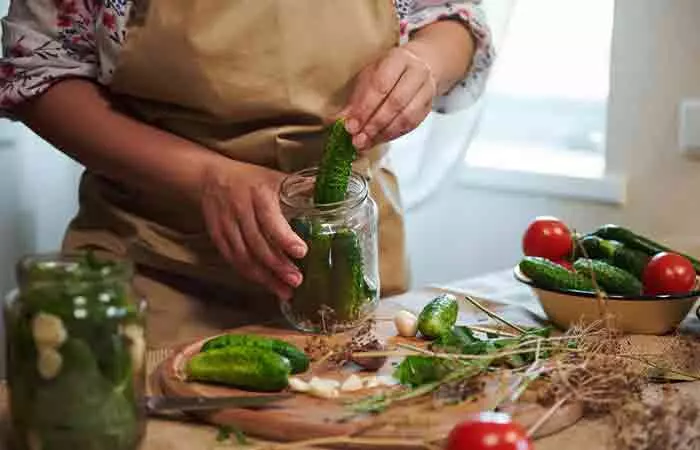
While the traditional dill pickles are made by fermenting cucumbers in saltwater, you can make instant pickles simply by pouring hot vinegar on them.
Let’s check out how to make some good old dill pickles at home.
You Will Need
- 1½ pounds of Persian or Kirby cucumbers
- 4 cloves of garlic (peeled and smashed)
- 2 teaspoons of dill seeds
- ½ teaspoon of red chili flakes (optional)
- 1 cup of rice vinegar
- 1 cup of water
- 1½ tablespoons of pickling or kosher salt
Before Making The Pickles
- If you are planning on storing the pickles long-term, wash and sterilize two wide-mouthed pint jars by boiling them and their lids in water for about 10 minutes. Sterilizing makes sure that no contaminants spoil your fermentation process.
- If you plan to simply refrigerate your pickles, wash your jars and continue on to the pickling process. Ensure the storing jars are free from any water residue to prevent spoiling of the pickle.
- Use a fresh spoon while scooping the pickle from the jar every time. This prevents cross-contamination, and the pickle can last for long without any unwanted microbial growth
Process
- Wash and dry the cucumbers and cut off their tops and bases to remove the enzymes responsible for the pickles becoming limp. You can cut them in any shape you like.
- Split the dry ingredients (except salt) between the two jars.
- Pack the cucumbers tightly in a jar, but make sure they don’t get crushed.
- In a pot, bring the vinegar, water, and salt to a rolling boil. Pour this brine into the jars, filling them just up to within half an inch below the mouth.
- Gently tap the sides of the jars to remove any air bubbles.
- Screw the lids on tightly.
- You can store the processed pickles at room temperature until you open them, after which they need to be refrigerated.
- If you do not plan to process them, let the jars cool down and refrigerate them directly.
Most foods cause certain side effects. Read on to learn about the side effects of eating pickles.
Side Effects Of Pickles

The excess sodium and histaminei A hormone found in the body that is responsible for immune responses like sneezing or a runny nose when encountering an allergy. in pickles may cause issues with your liver and kidneys, though there is not enough research to prove the same. People with high blood pressure or kidney problems should talk to their doctor before eating pickles.
Various studies have found that excessive pickle consumption may increase the risk of gastric, stomach, and esophageal cancersi The cancer of the esophagus (the pipe that connects the throat to the stomach). Its main causes include smoking and acid reflux. (11).
The study was completed by 372 medical students (22.7 1.1 years old, 66% female). High fermented food consumption was linked to more severe depression (adjusted 0.11) and anxiety symptoms under stress (adjusted 0.13). Eating an excessive amount of pickled food can also disrupt our cognitive senses.
More research is needed to know if there are any more side effects of eating too many pickles. You can consume two teaspoons of traditional pickles from time to time. It will add a good nutrient balance to your diet.
In some cases, the pickles you buy may contain additives like added coloring and preservatives that increase the risk of adverse reactions. Picking healthy pickles may help reduce the risk of these side effects. Check out the next section to learn some tips that can help you pick out good pickles.
Tips On Choosing Healthy Pickles
- Avoid pickles with artificial coloring, added sweeteners, or preservatives. Choose pickles with fewer and more natural ingredients.
- Probiotics are found in naturally fermented pickles, generally healthier than vinegar-only pickles. Look for labels like ‘naturally fermented’ or ‘probiotic-rich.’
- Look at the nutrition label to see how much sodium it contains. Because of their high salt content, pickles may not be the best choice for anyone following a low-sodium diet. If required, look for low-sodium alternatives.
- Some pickles may have added sugars. Select natural sweeteners and sugar-free variants for a healthier choice.
- Look for brands renowned for using natural ingredients and age-old pickling techniques. Try a variety of brands and varieties to find ones you like without compromising health benefits.
Infographic: Top 5 Reasons Pickles Are Good For You
The pickling of fruits and vegetables is practiced across the globe. Pickles are rich in sodium, potassium, and vitamins and offer a sweet-tangy taste to your burgers, dips, and chips. We have rounded up some of the benefits of adding them to your diet in the infographic below. Check it out to know more!

Illustration: StyleCraze Design Team
Pickles are considered a tangy addition to the dishes and a great low calorie snack option. But there are some health benefits of pickles when consumed in moderation. The microflora in fermented pickles promotes gut bacteria. In addition, the bioactive peptides and phytoestrogens help regulate blood sugar levels and support a healthy immune system. Pickles not only provide preservation benefits but also reduce cholesterol levels, help manage PMS symptoms, help in maintaining electrolyte levels in the keto diet, reduce oxidative damage and reduce the risk of liver, bladder, and colon cancer. However, excess consumption may trigger negative effects. Hence, moderate consumption is recommended to reap its maximum benefits.
Frequently Asked Questions
Is a pickle healthier than a cucumber?
No. A pickle is not healthier than a cucumber. Cucumber has low sodium and sugar and is healthier than a pickle.
Are pickles a superfood?
Yes, pickles are a superfood.
Is it OK to eat pickles every day?
No, it is not okay to eat pickles every day. The high sodium content may cause hypertension.
Are pickles good for your brain?
Yes, pickles may help improve your mental health and influence brain health (10).
Are dill pickles good for you?
Yes, dill pickles are a rich source of vitamin K and calcium. Consuming them strengthens bones and teeth.
Illustration: Health Benefits Of Pickles, Nutrition, Making, & Side Effects
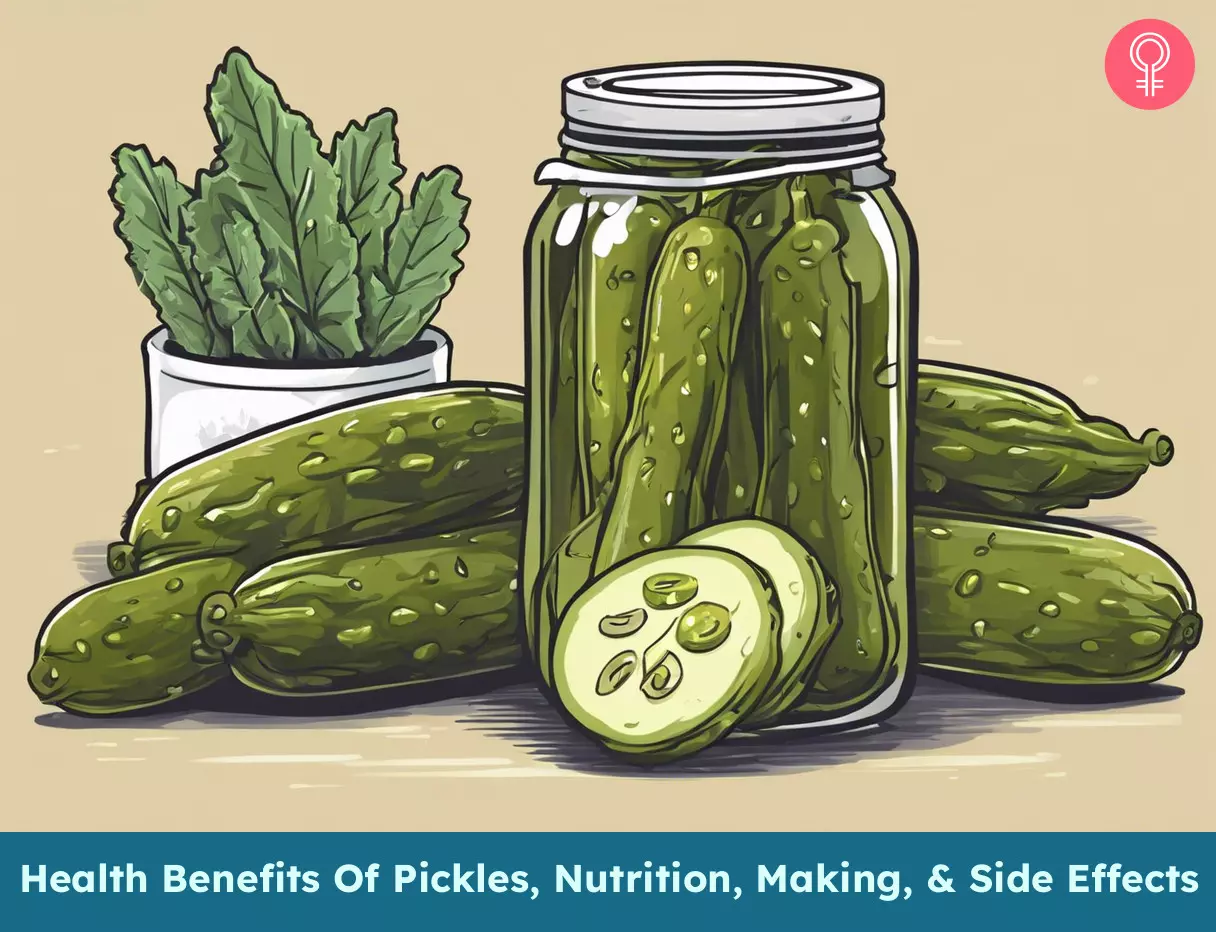
Image: Stable Diffusion/StyleCraze Design Team
Delve into the surprising health benefits of pickles! From improved digestion to increased nutrient absorption, this video explains why pickles are more than just a tasty condiment. Check it out!
References
Articles on StyleCraze are backed by verified information from peer-reviewed and academic research papers, reputed organizations, research institutions, and medical associations to ensure accuracy and relevance. Read our editorial policy to learn more.
- Lactic Acid Fermentations
https://www.ncbi.nlm.nih.gov/books/NBK234703/ - Pickles cucumber dill or kosher dill
https://fdc.nal.usda.gov/fdc-app.html#/food-details/324653/nutrients - Fermented Foods as a Dietary Source of Live Organisms
https://www.ncbi.nlm.nih.gov/labs/pmc/articles/PMC6117398/ - Traditionally fermented pickles: How the microbial diversity associated with their nutritional and health benefits?
https://www.sciencedirect.com/science/article/pii/S175646462030195X - Antidiabetic effects of fermented soybean products on type 2 diabetes
https://www.sciencedirect.com/science/article/abs/pii/S0271531709002450 - Determining the probiotic potential of cholesterol-reducing Lactobacillus and Weissella strains isolated from gherkins (fermented cucumber) and south Indian fermented koozh
https://linkinghub.elsevier.com/retrieve/pii/S0923250815000455 - Reflex inhibition of electrically induced muscle cramps in hypohydrated humans
https://pubmed.ncbi.nlm.nih.gov/19997012/ - Ketogenic Diet
https://www.ncbi.nlm.nih.gov/books/NBK499830/ - Antioxidant Compounds in Traditional Indian Pickles May Prevent the Process-Induced Formation of Benzene
https://pubmed.ncbi.nlm.nih.gov/26735038/ - Cancer-preventing attributes of probiotics: an update
https://www.tandfonline.com/doi/full/10.3109/09637480903455971 - Pickled Vegetables
https://www.ncbi.nlm.nih.gov/books/NBK513652/ - Fermented foods, microbiota, and mental health: ancient practice meets nutritional psychiatry
https://www.ncbi.nlm.nih.gov/pmc/articles/PMC3904694/
Read full bio of Gabrielle Kane
Read full bio of Gayathri Vijay
Read full bio of Ravi Teja Tadimalla
Read full bio of Payal Karnik





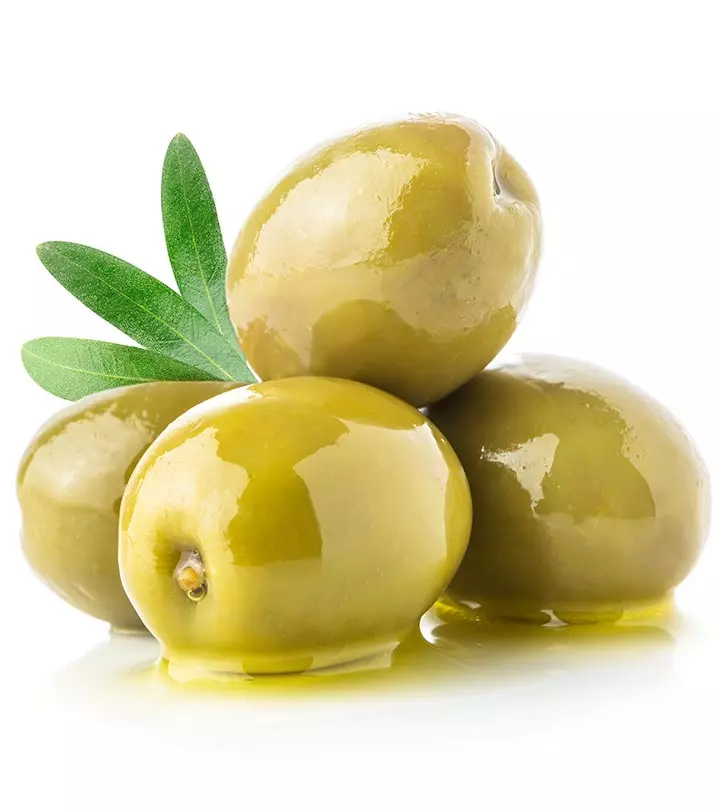
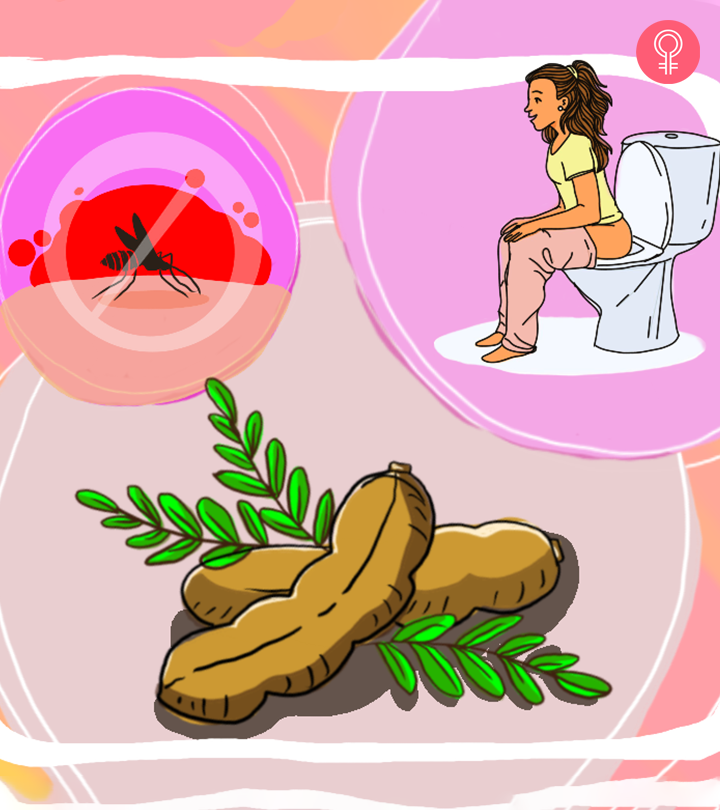
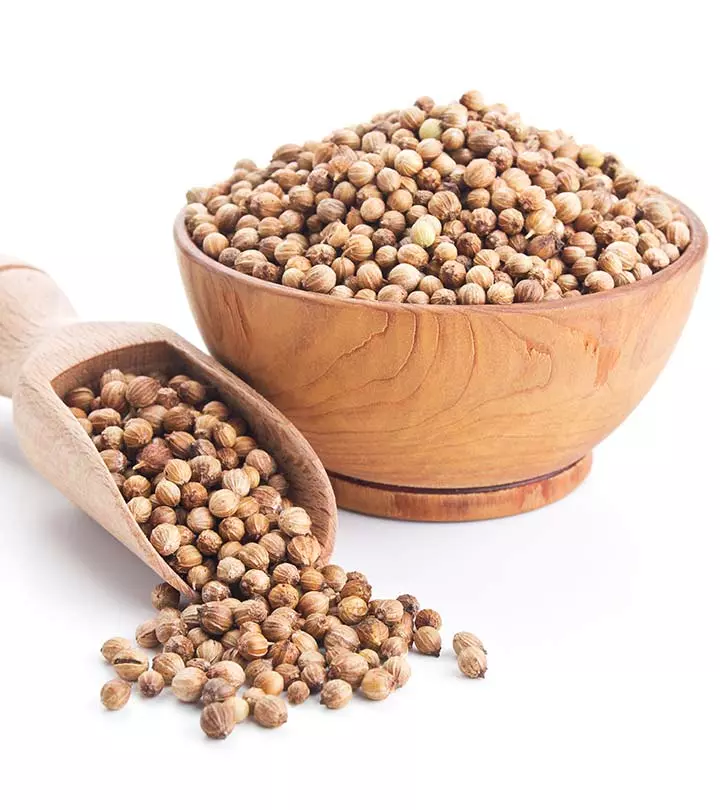
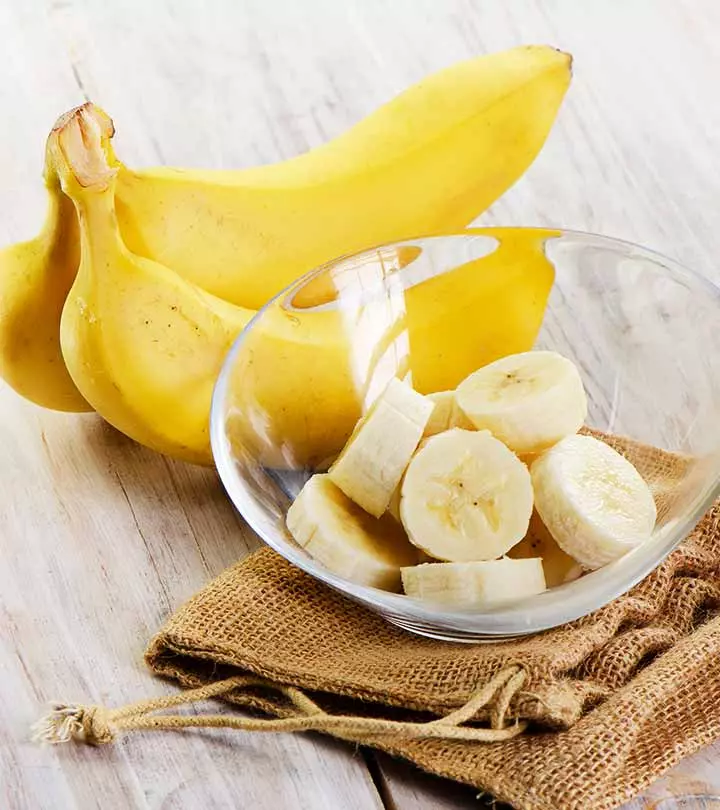
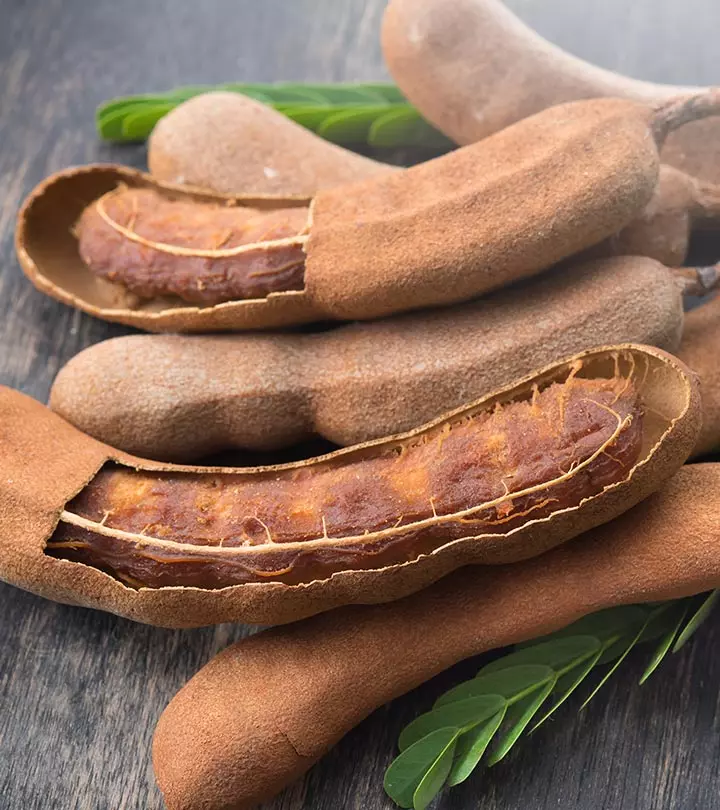
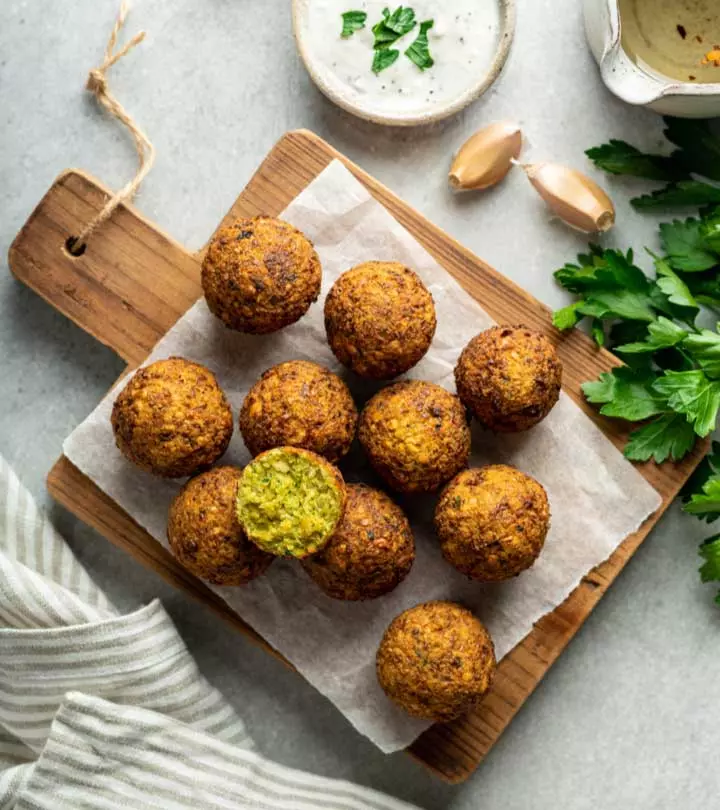
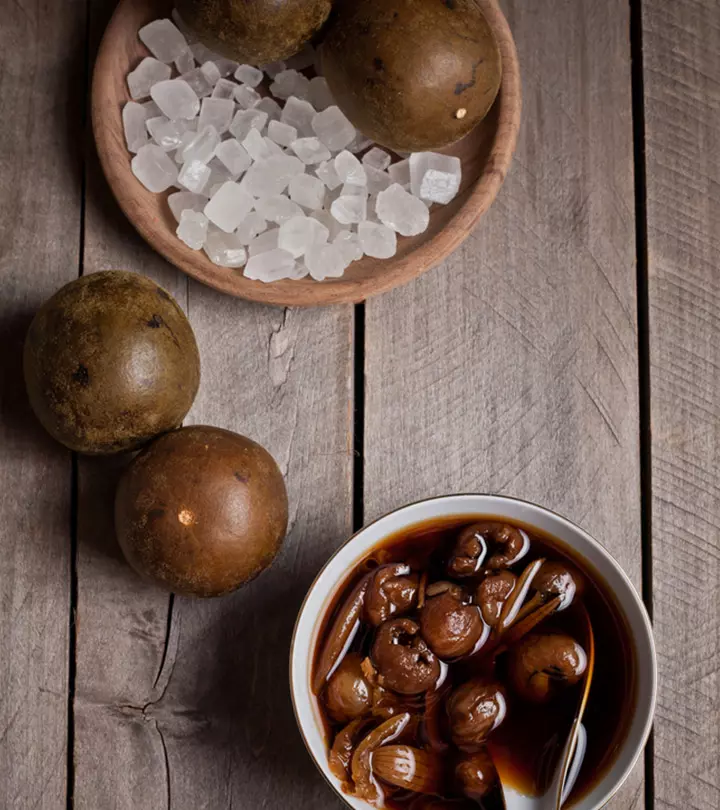
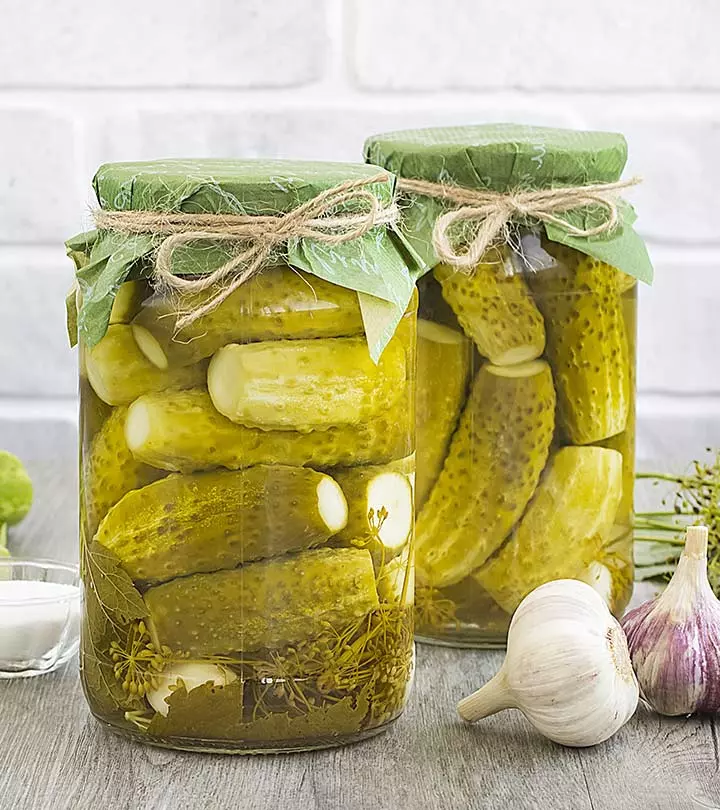
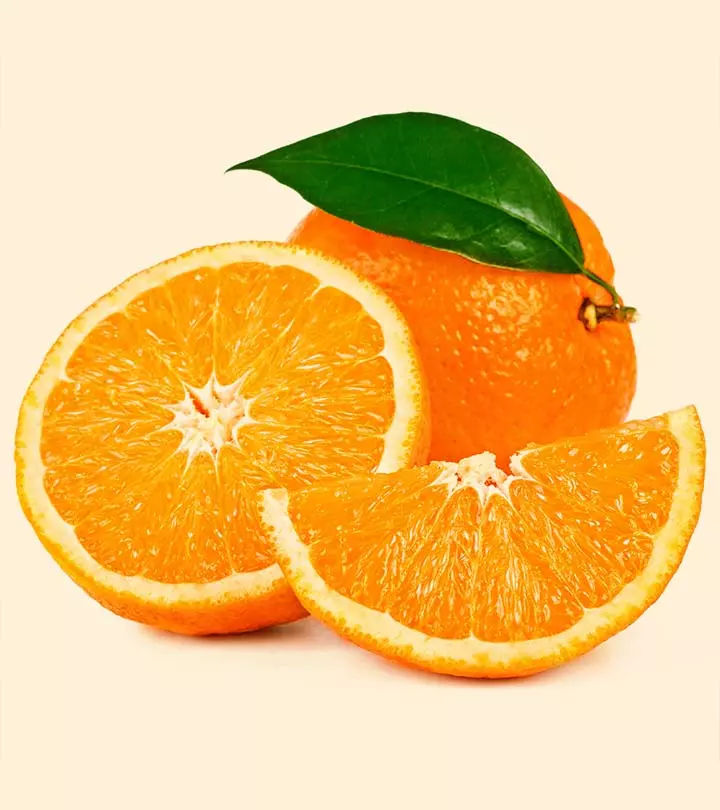
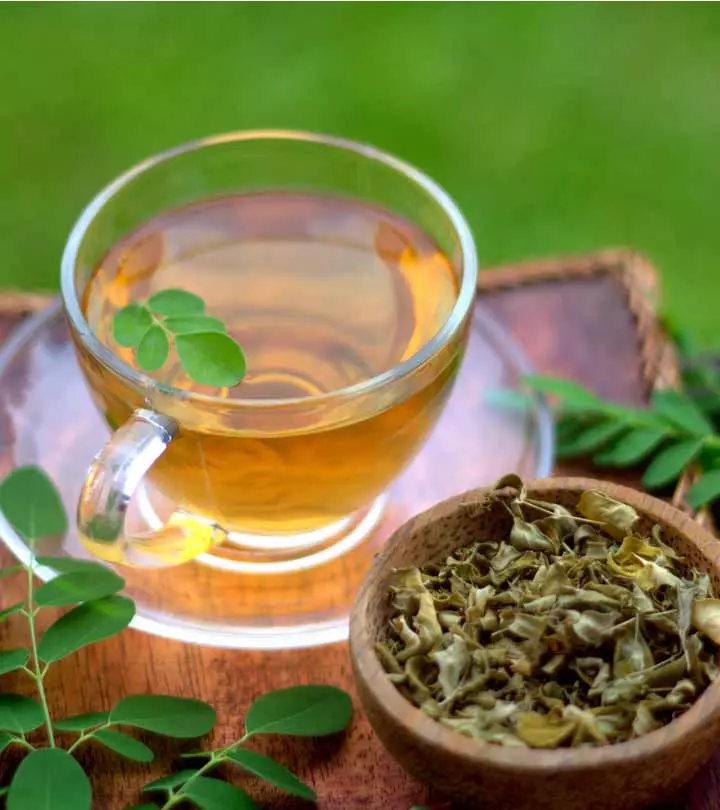
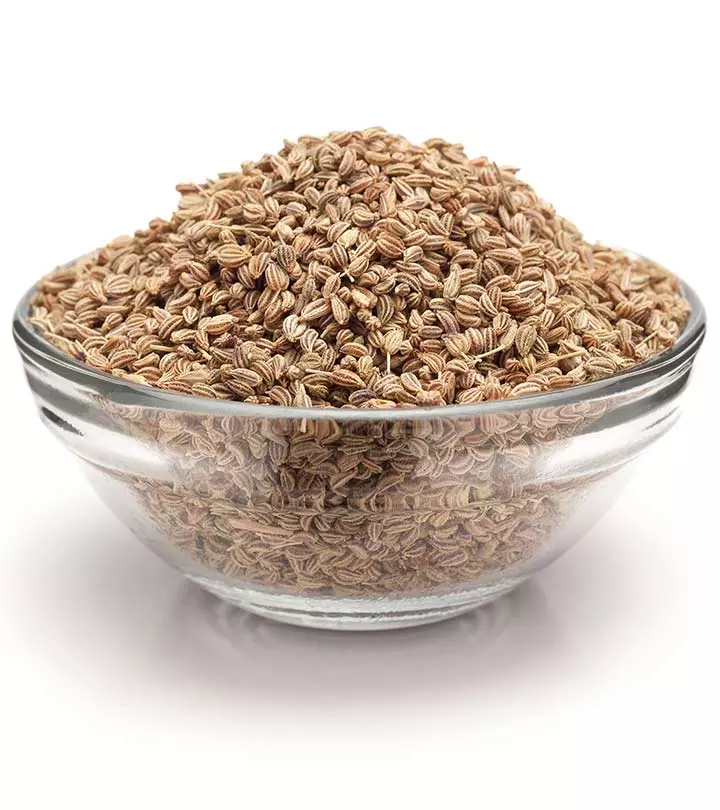
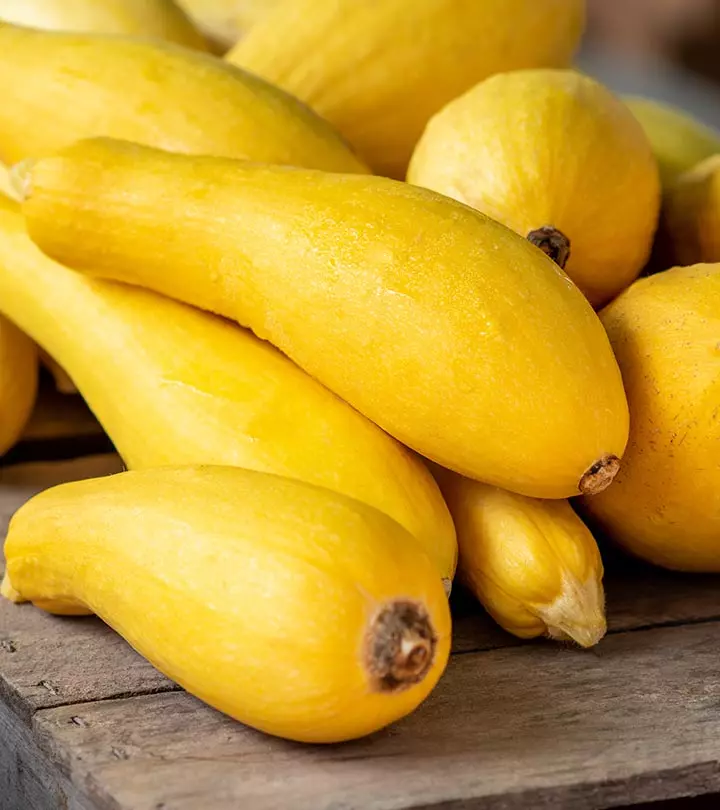
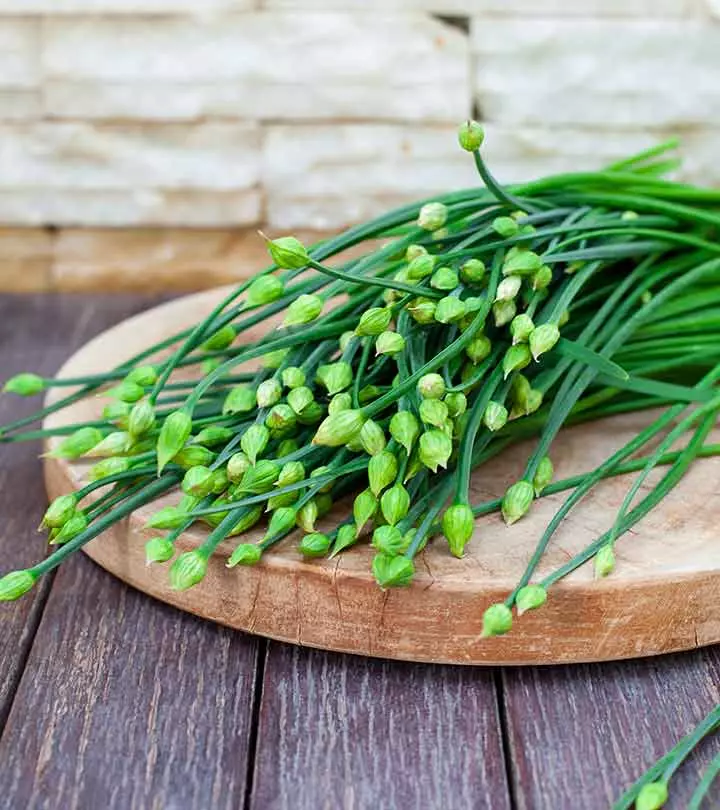

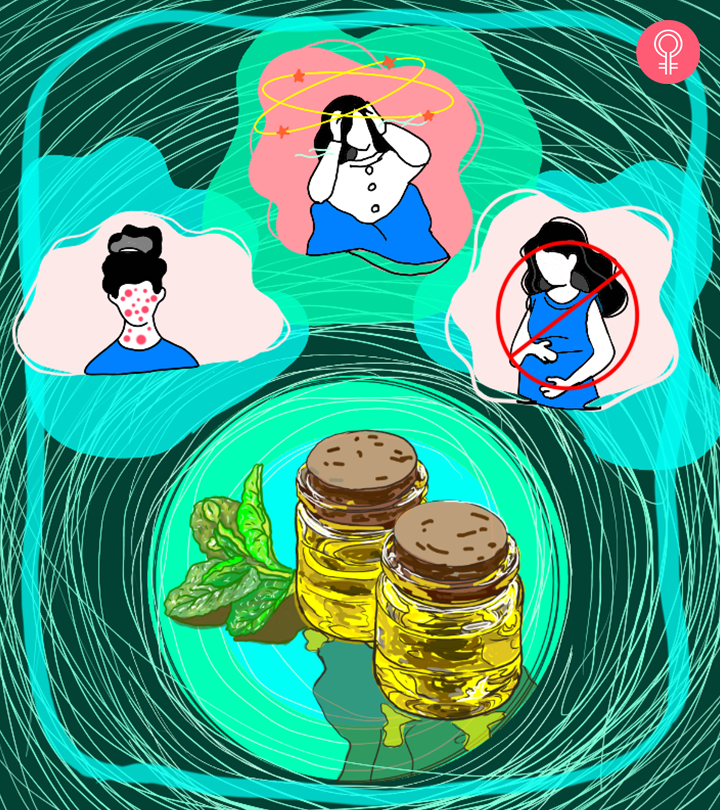
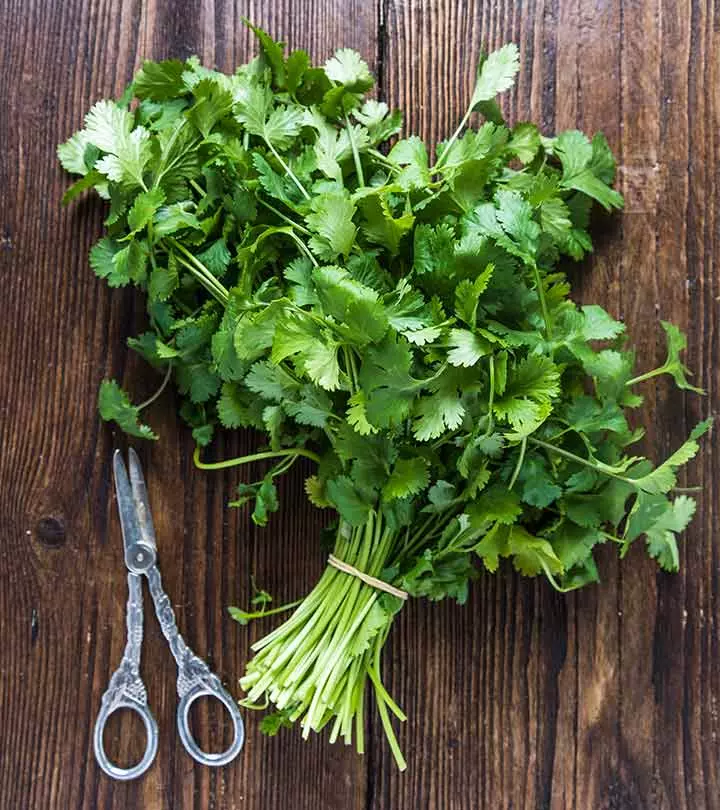
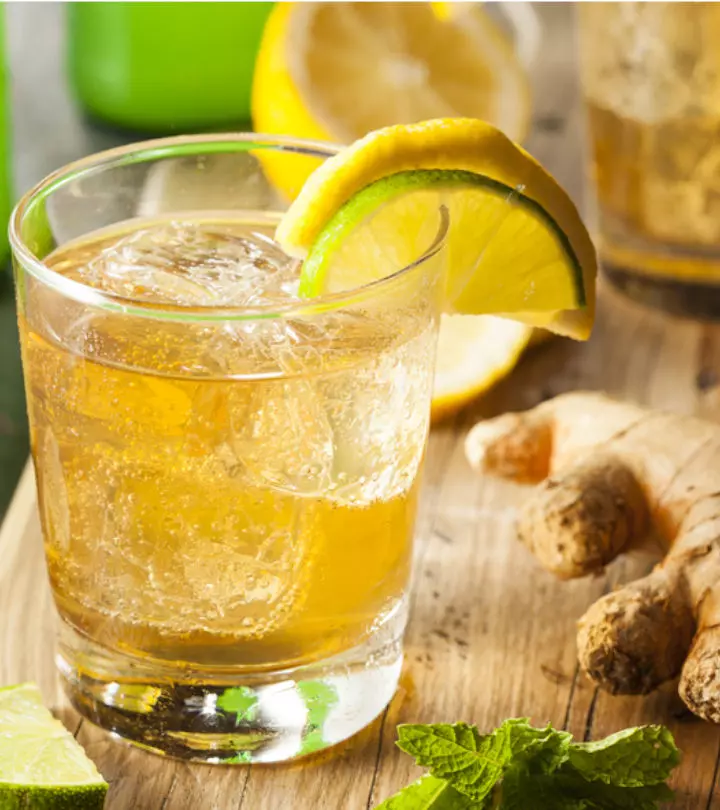
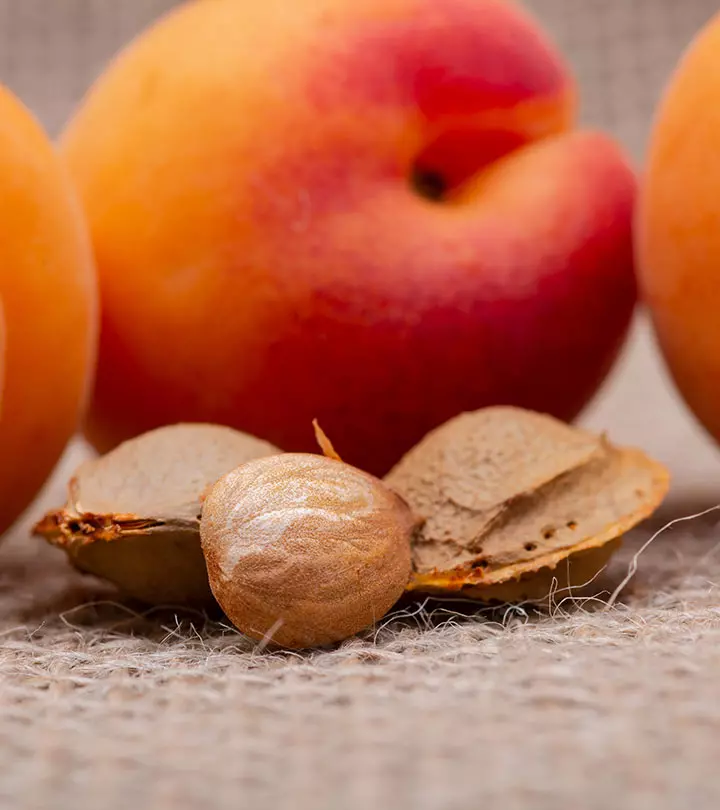
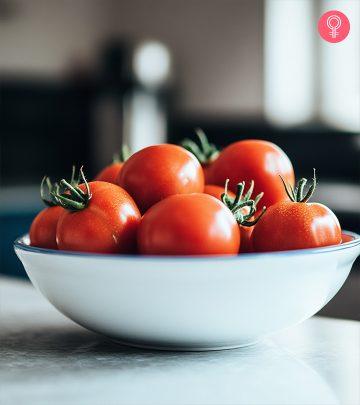
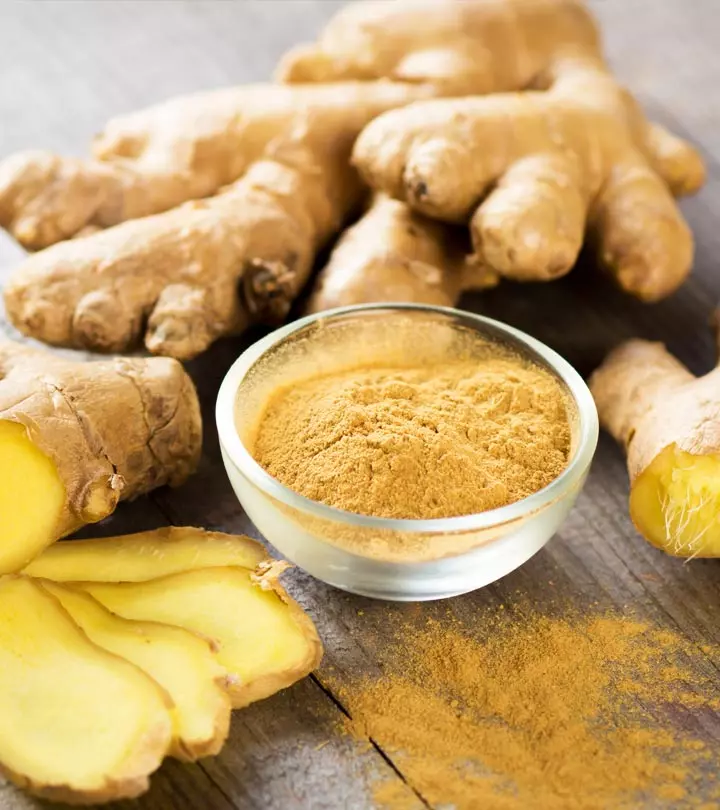
Community Experiences
Join the conversation and become a part of our empowering community! Share your stories, experiences, and insights to connect with other beauty, lifestyle, and health enthusiasts.